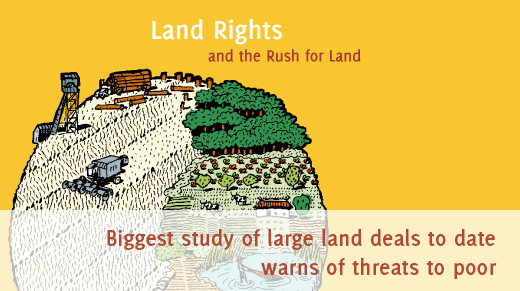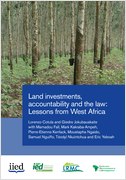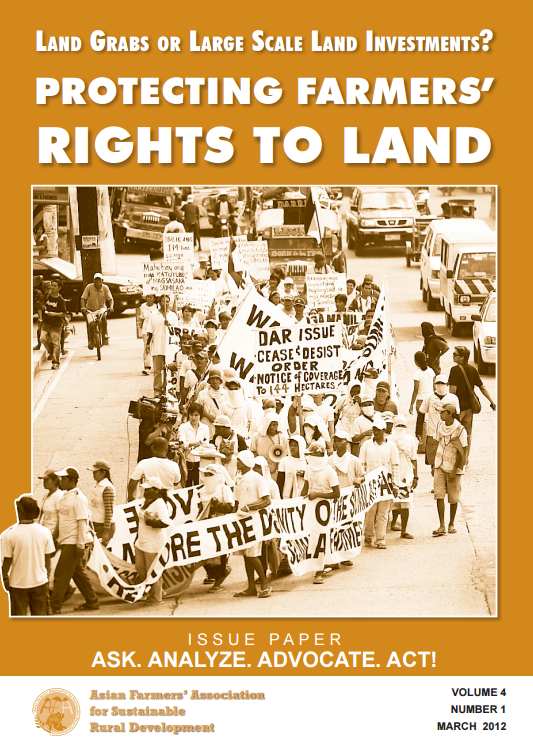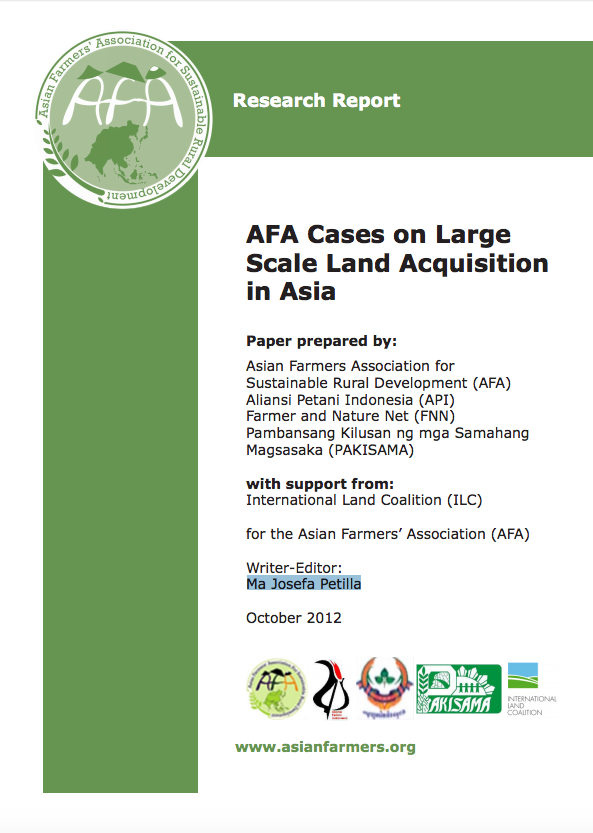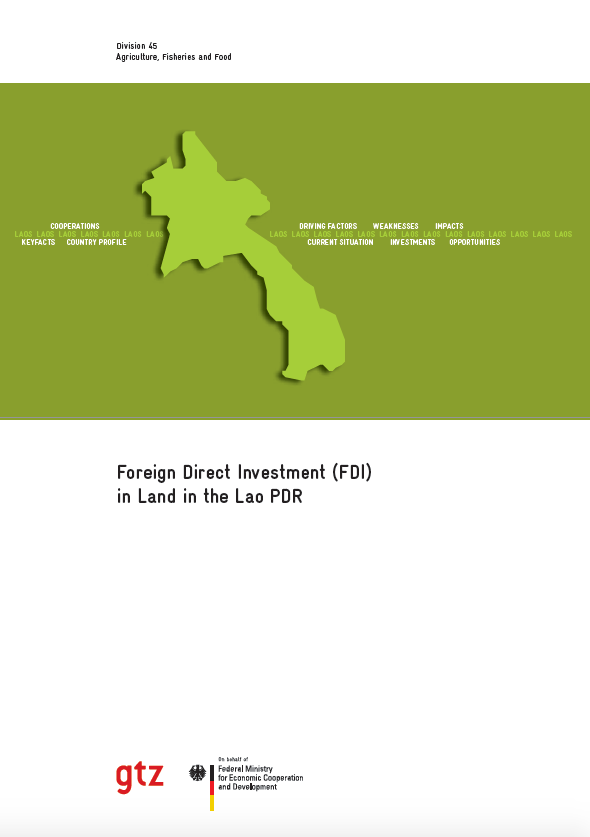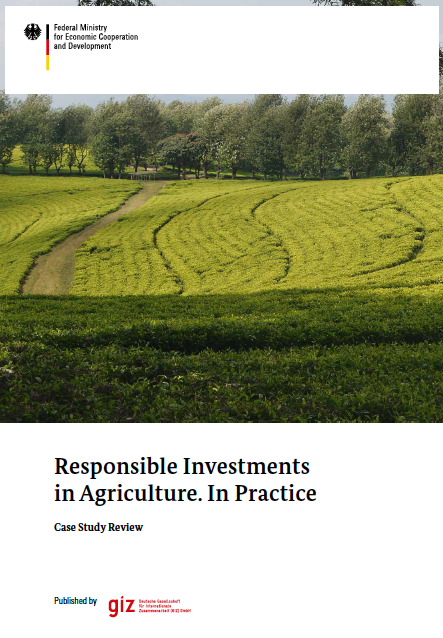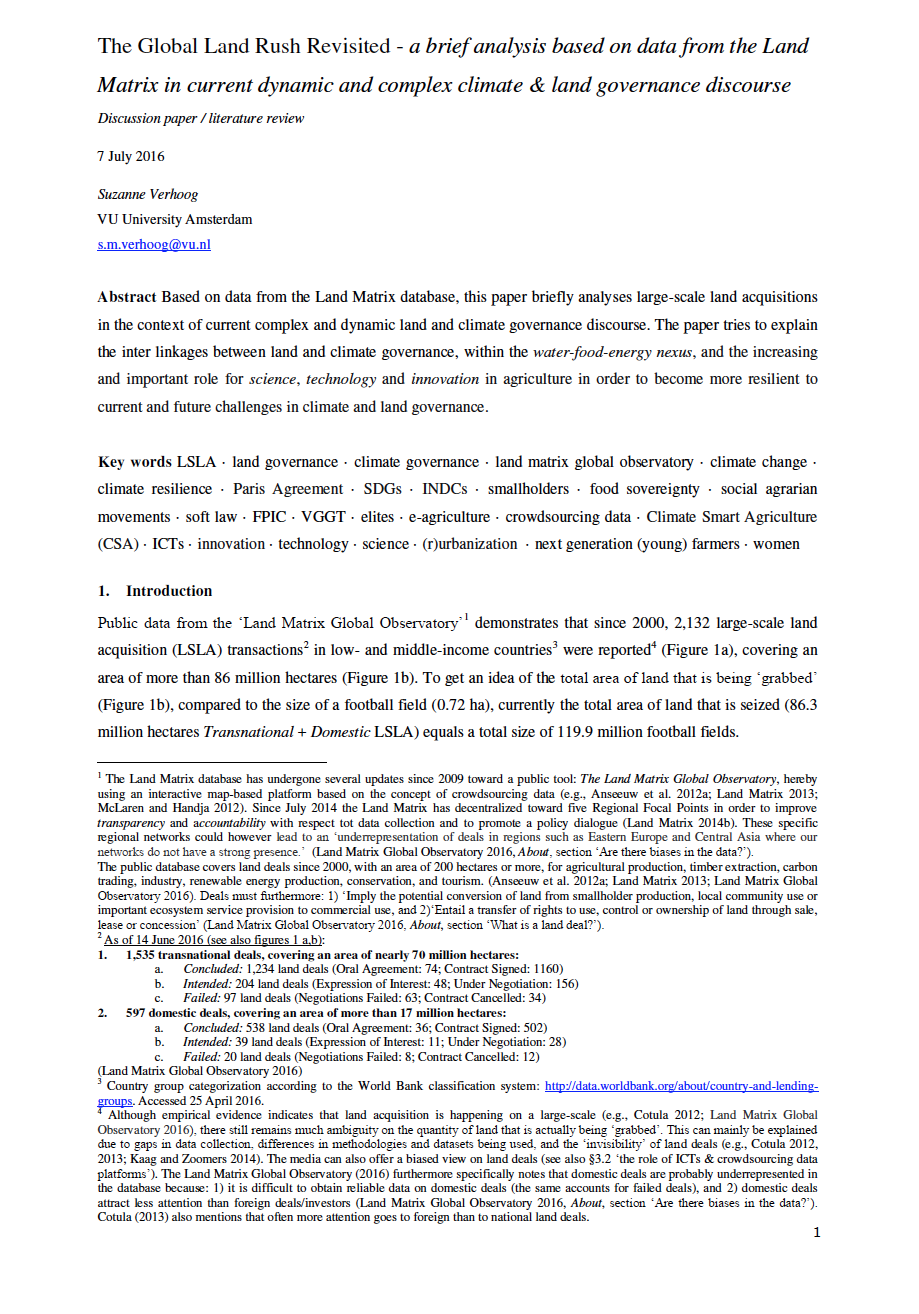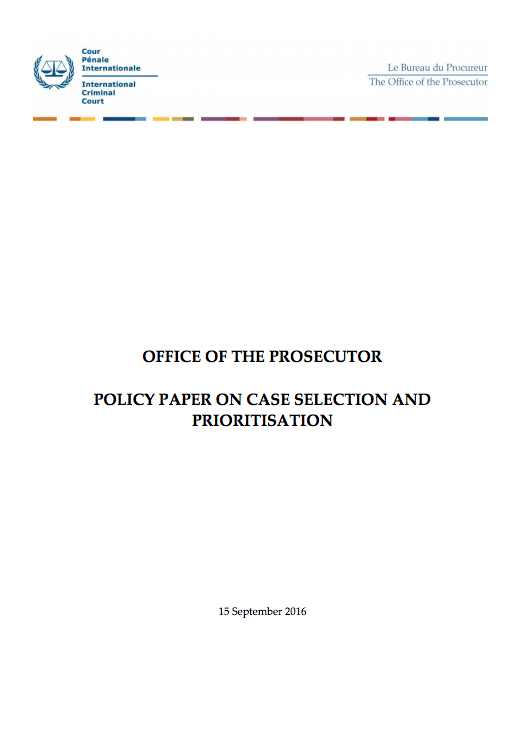BIGGEST STUDY OF LARGE LAND DEALS TO DATE WARNS OF THREATS TO POOR
The most comprehensive study of large land acquisitions in developing countries to date — published online on by the International Land Coalition (ILC) — has found more evidence of harm than benefits. The report strongly urges models of investment that do not involve large-scale land acquisitions, but rather work together with local land users, respecting their land rights and the ability of small-scale farmers themselves to play a key role in investing to meet the food and resource demands of the future.

